#jin zhong
Explore tagged Tumblr posts
Text
I can't help but enjoy the Wei Yanwan-Jin Zhong-Chunchan absurdly evil team, the writting pushed all the limits to create the most hateful characters ever and guess what? They didn't achieve it
#they won't make me hate those idiots#okay I'm not including Chunchan in the idiots part because all her little scenes show her being the smartest one#(it doesn't take that much to be smartest than those two tho)#watching ruyi#ruyi's royal love in the palace#wei yanwan#chunchan#jin zhong
5 notes
·
View notes
Text
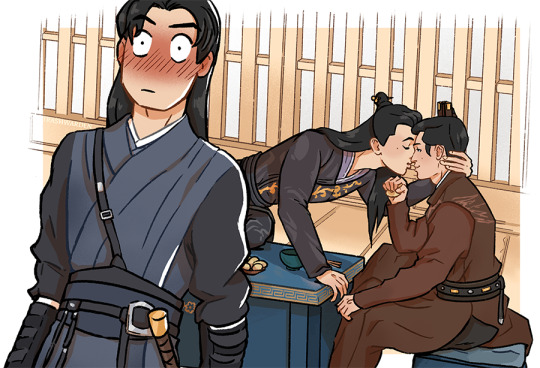

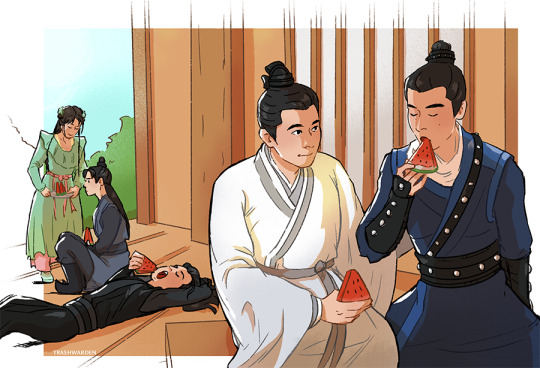
Zhongxu universe art I did to celebrate @agameofluckyhit birthday last month ❤️
Characters are a crossover from two cdramas Unique Lady and The Blooms at Ruyi Pavilion and they took over my life in the last months 🥹
#zhongxu#Zhong Wumei#Xu Jin#jzeu#junzhe#俊哲#钟无寐X徐晋#my art#Zhang Ji#Lin Loujing#Jiang Xuanyu#Xu Ping#Wen Xing#Ge Chuan#Xu Jia#Xi Que#i have so many art of them but the jzeu fandom is almost non-existent on tumblr#so idk if anyone would appreciate it here 🤣
45 notes
·
View notes
Text










My Favorite Male Characters
#yong jiu grocery store#jian zhong sheng#ah zhong#the lost tomb: explore with the note#wang pang zi#my lucky star#night ratti#age of legends#tang fei#shogun#kashigi yabushige#perfect marriage revenge#byun jae ho#derailment#jiang bo#doctors#prof. hong ji hong#hong ji hong#Pisaeng Jirawarakul#be my favorite#a shop fo killers#jung jin man#my favorite male characters#kdrama#korean drama#thai drama#cdrama#chinese drama#jdrama#japan drama
9 notes
·
View notes
Text

A sketch commission for @trashwarden
More info about my Ko-fi sketch commissions here☕
23 notes
·
View notes
Text

Designs by Dior, Zhong Zixin, and Buerlangma for Vogue China October 2023 photographed by Jin Jiaji
11 notes
·
View notes
Text
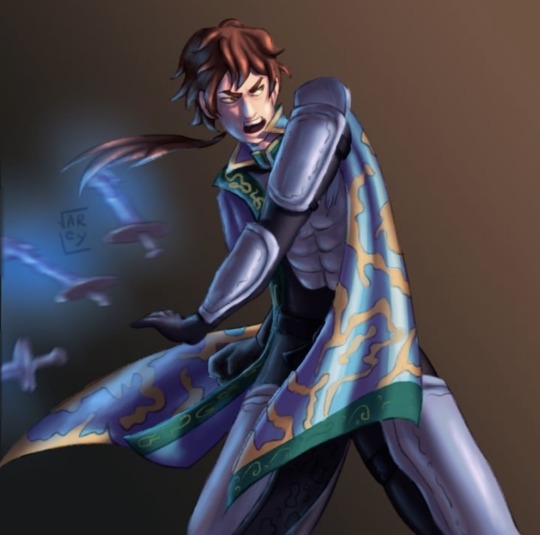
Was trying to learn rendering while making this Zhong Hui 🥲
#dynasty warriors#warriors orochi#koei tecmo#the romance of the three kingdoms#jin dynasty#zhong hui#strategy#rpg#sengoku musou
12 notes
·
View notes
Text






2 notes
·
View notes
Photo

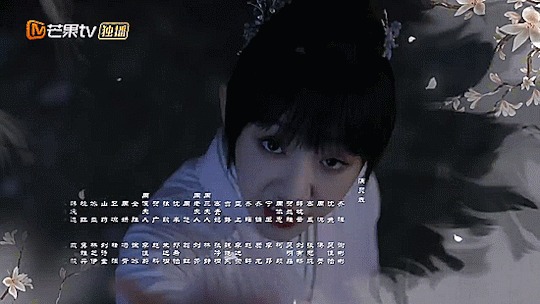
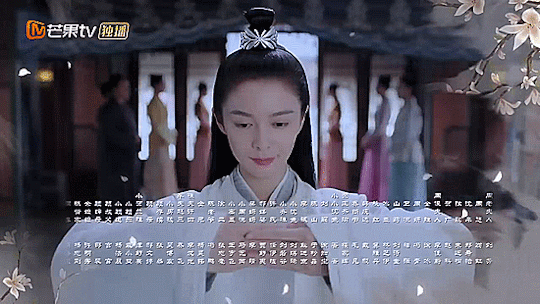
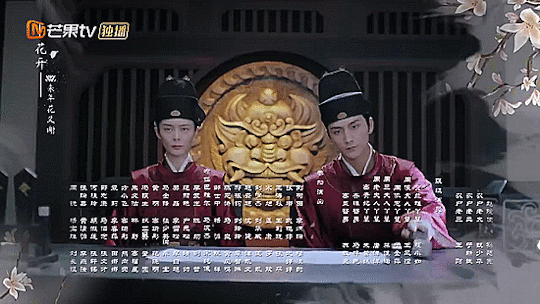

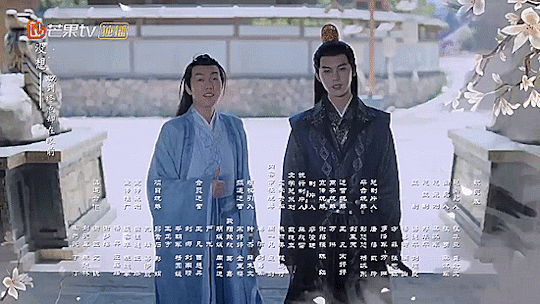
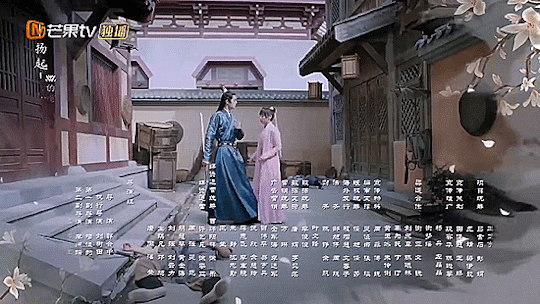
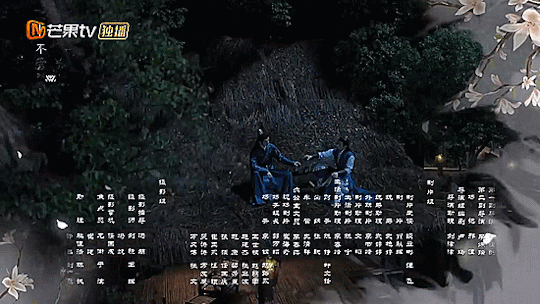


Cdrama: The Letter from the Cloud (2022)
Gifs of Ending of cdrama “The Letter from the Cloud”
【ENG SUB】 EP1 Chen Yu and Rooster marry! 《The Letter from the Cloud 云中谁寄锦书来》 【MangoTV Drama】
Watch this video on Youtube: https://www.youtube.com/watch?v=yA0FzncknOs
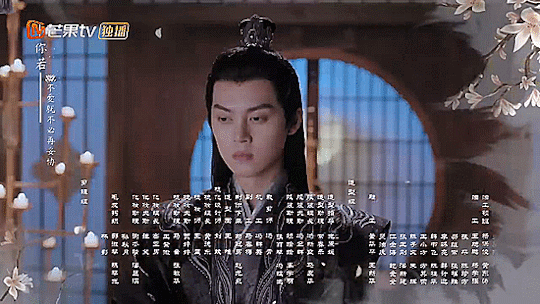
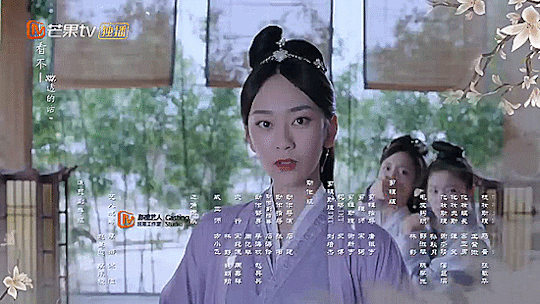

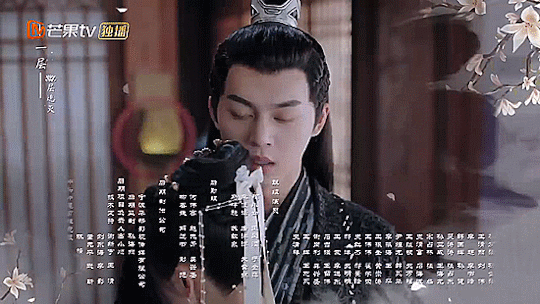
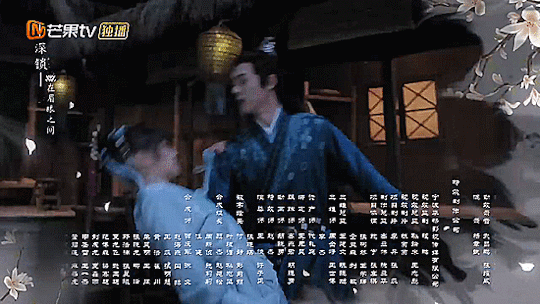
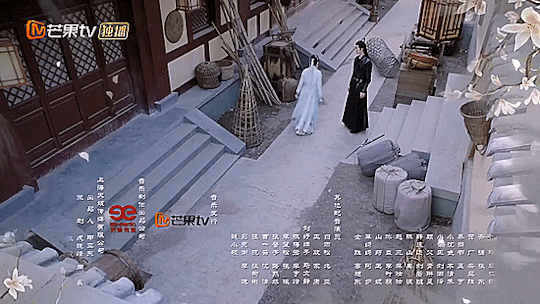

#The Letter from the Cloud#云中谁寄锦书来#Who in the Cloud Will Send a Brocade Book#Yun Zhong Shei Ji Jin Shu Lai#雲中誰寄錦書來#2022#MGTV#Mango TV#cdrama#chinese drama#youtube#episode 1#1st episode#Xie Bin Bin#Wu Jia Yi#Fu Jing#Jinna Fu#Zhang Si Fan#Liu You Chang#Zhu Jin Tong#Zhao Xuan#Fei Long
9 notes
·
View notes
Text

Legally Romance 7/8
Story: 8
Acting: 10
Chemistry: 10
Comparable to: Lost Romance (Taiwanese); Forever Love (cdrama)
As much as I love both actors, especially Tao, this series for me was very uneven. The first half I actually didn’t care for as much as I did as the last half which is unusual since it’s usually the other way around. I think it had a lot to do with how the female was written with the storyline. The whole plot resolves on “dreams” with a twist (don’t want to give away spoilers for those who still haven’t seen it yet) Now the chemistry between both leads are amazing to a point. I do feel Tao has more of a lovey-dovey feel to him then Song Zu Er especially in the first half, where Zu Er’s character is more stand-off’ish. There’s much more of a connection in the second half between them when her ‘dream’ ends. Overall it’s a nice pleasant unique romcom with a few hiccups here and there.
#legally romance#viki#wetv#cdrama#z. tao#z tao#huang zi tao#song zu er#zhong li li#garvey jin#li bai hui#yan an#tan kai#li yi#romantic comedy#romantic drama#lawyer#fantasy#time travel#love/hate#office romance
6 notes
·
View notes
Photo
cosplayandanimes:
Zhong Hui - Dynasty Warriors 7
source







267 notes
·
View notes
Photo

Namgoong Min, Ahn Eun-jin Saved, but the weather of Wa Wa Warran is ripe ('Couple')
#Lee Da-in#Yizhang County#Wen Zhong#Pinane#Namgoong Min#Lang Lee#Ahn Eun-jin#Piran#Danger#Lamar Jackson#Jang Hyun
0 notes
Text
[Ming Dynasty]Chinese Armor:Life of female general 秦良玉/Qin Liangyu
The only female general recognized by the Chinese Orthodox Histories,The Twenty-Four Histories (Chinese: 二十四史)
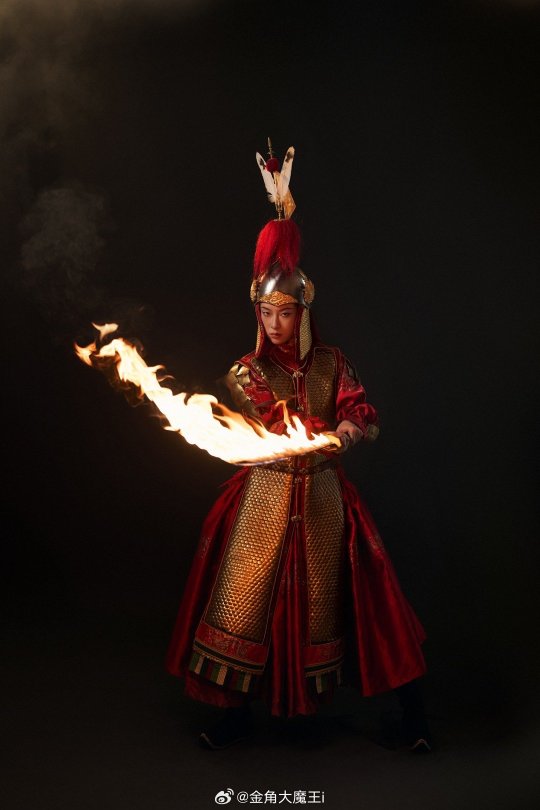
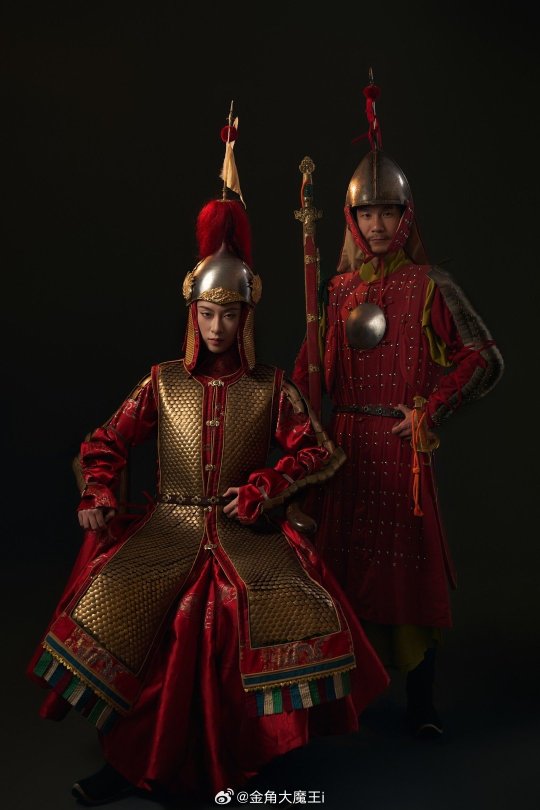
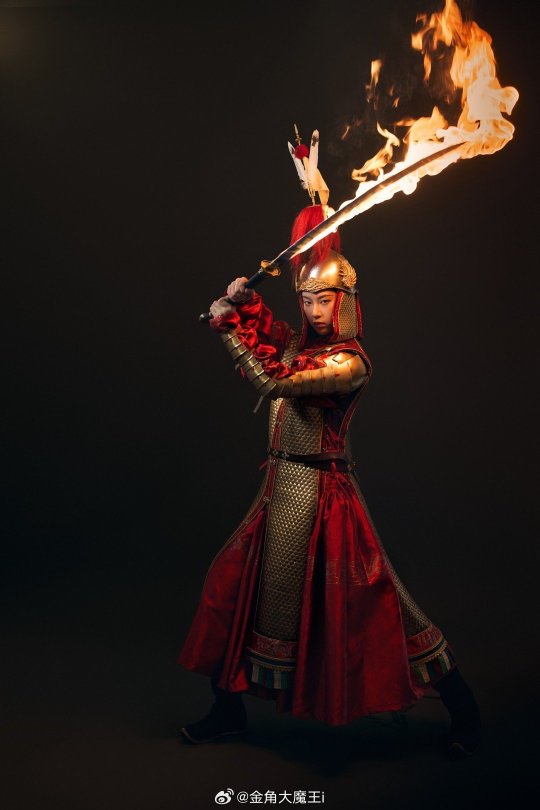
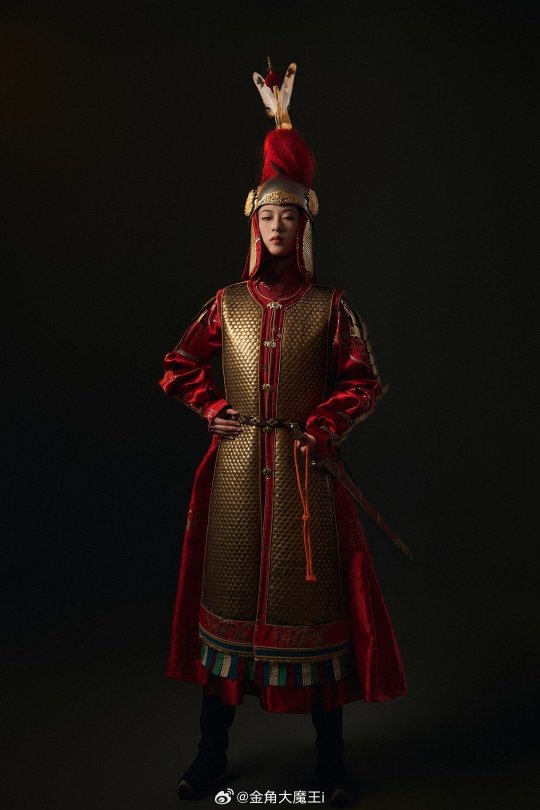
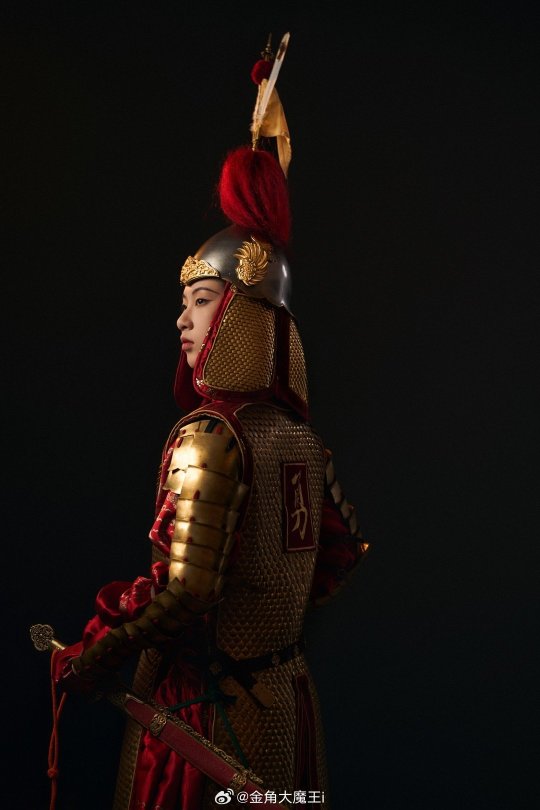
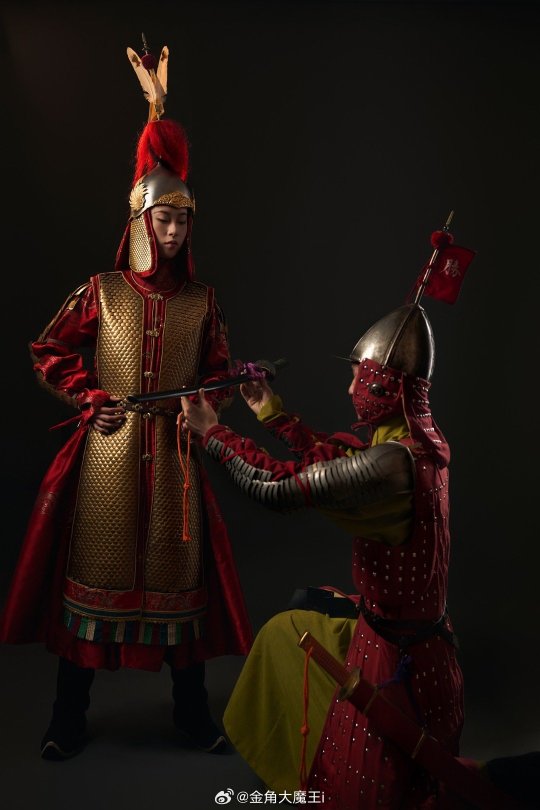
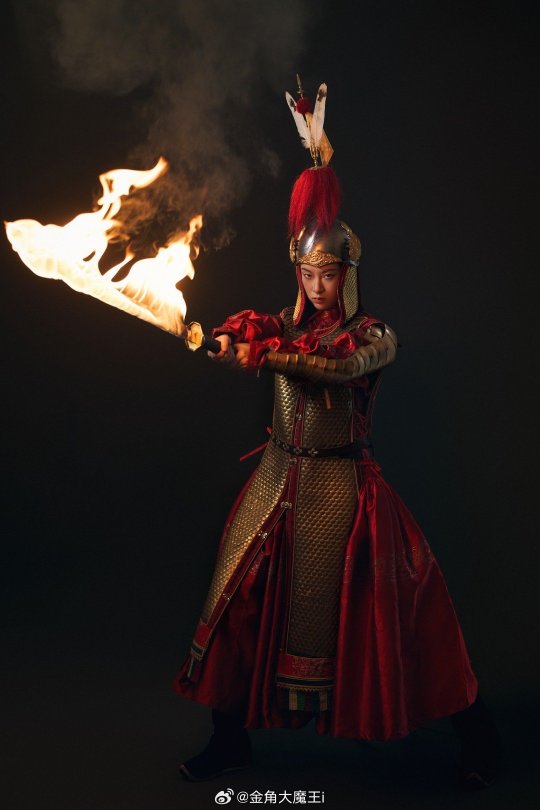
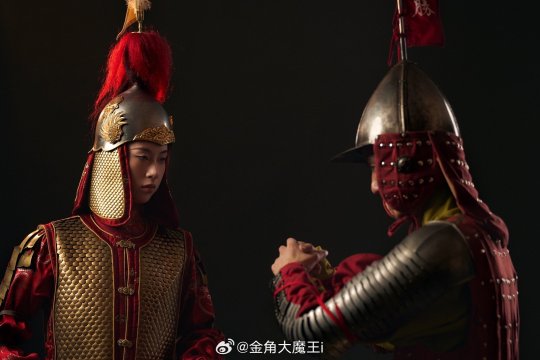
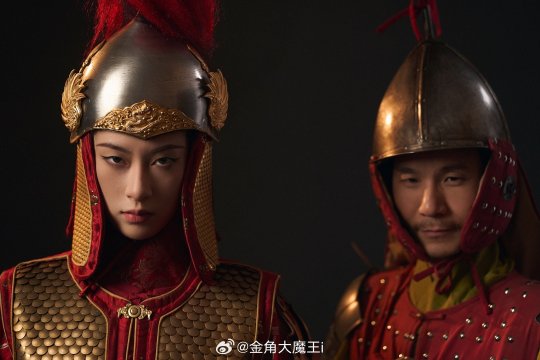
【Historical Artifact Reference】:
China Ming Dynasty Royal Painting:《出警图/Departure Herald》
In this handscroll is a great imperial procession making its way to pay respects at the imperial tombs. Departing from the Te-sheng (Victory) Gate of the Peking city wall, the artists here depicted shops along the way and the appearance of ceremonial guards to the final destination of the imperial tombs, the final resting place for Ming dynasty emperors 45 kilometers from the capital at Mt. T'ien-shou. Departure Herald is actually accompanied by another long handscroll painting entitled Return Clearing. That work depicts the process of the tomb sweeping and inspection tour. Usually considered as a pair, they are collectively known as Departure Herald and Return Clearing.
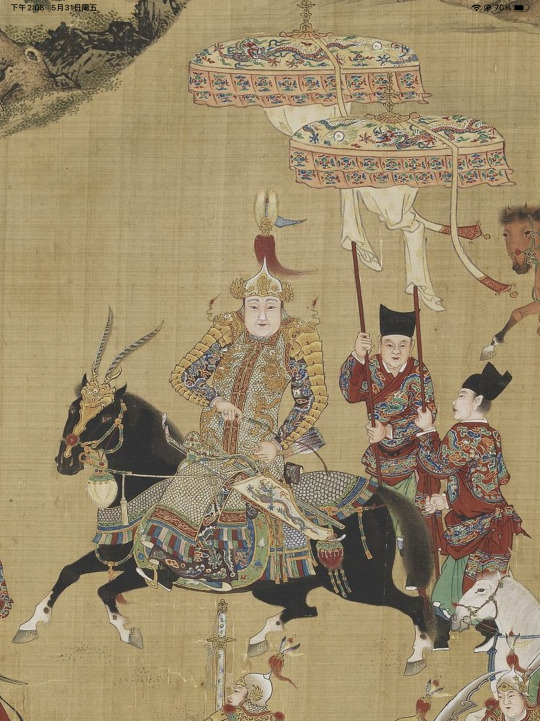
↑Emperor Wanli of the Ming Dynasty of China, Zhu Yijun, wearing armor
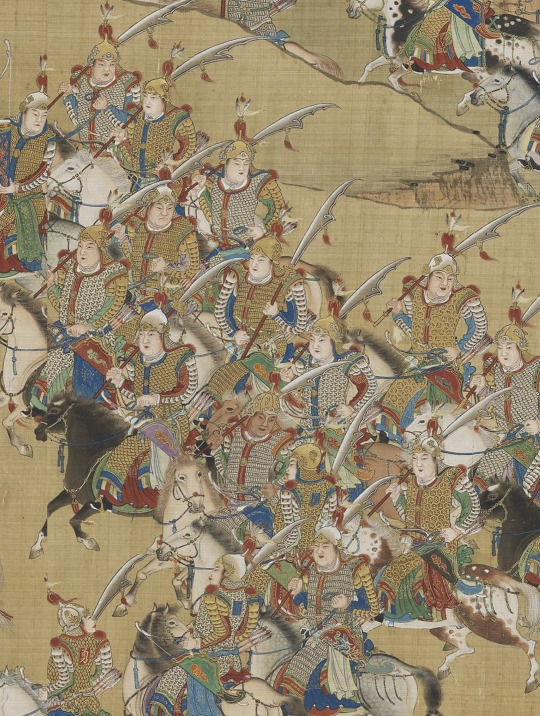
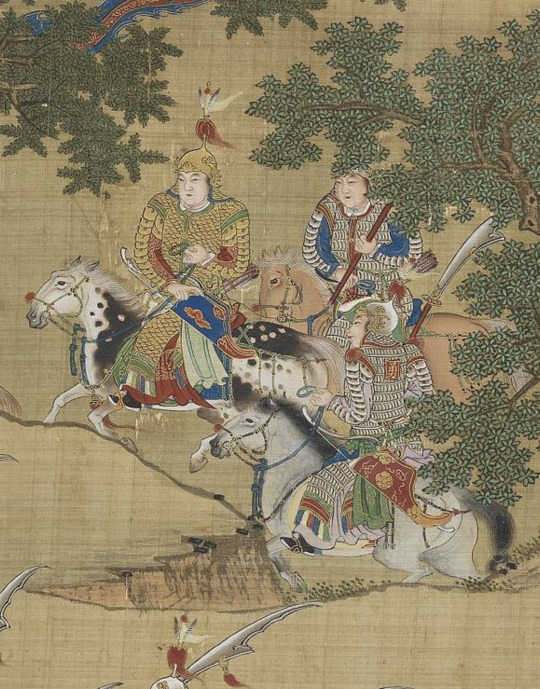
The emperor's guards and ceremonial guards, a good depiction of Ming dynasty armor
【秦良玉/Qin Liangyu:The only female general recognized by the Chinese emperor and official history】
Qin Liangyu (1574–1648), courtesy name Zhensu, was a female general best known for defending the Ming dynasty from attacks by the Manchu-led Later Jin dynasty in the 17th century.
Early life and education
Qin Liangyu was born in Zhongzhou (忠州), which is in present-day Zhong County, Chongqing.Her father, Qin Kui (秦葵), obtained the position of a gongsheng (貢生) in the civil service examination. He believed that girls should receive the same education as boys, so he made Qin Liangyu study history and the Confucian classics with her brothers. He also taught them martial arts. Qin Liangyu learnt martial arts more deeply than her brothers and became proficient in archery and horse-riding. She was also known for her skill in poetry.
Marriage to Ma Qiancheng
In 1595, Qin Liangyu married Ma Qiancheng (馬千乘), the tusi and xuanfushi (宣撫使; "Announcing and Pacifying Commissioner") of Shizhu County, and accompanied him in minor battles against local warlords in the southwestern border of the Ming Empire. They had a good marriage and he often sought her advice.In 1599, when Yang Yinglong (楊應龍) started a rebellion in Bozhou (播州; present-day Zunyi, Guizhou), Ma Qiancheng brought 3,000 riders with him to suppress the revolt while Qin Liangyu brought an additional 500 to support her husband. They successfully quelled the rebellion and destroyed the rebels' camps.
In 1613, Ma Qiancheng offended Qiu Chengyun (邱乘雲), an influential court eunuch, and ended up being arrested and imprisoned. He died in prison later. Qin Liangyu succeeded her husband as the xuanfushi of Shizu County. Those under her command were known as the White Cavalry (白杆兵).
Resisting rebel forces in Sichuan
In 1620, Qin Liangyu's elder brother, Qin Bangping (秦邦屏), led 3,000 White Cavalry to Liaodong to resist invaders from the Manchu-led Later Jin dynasty. He was killed in action at the Battle of Hun River (渾河之戰).
In 1623, Qin Liangyu assisted Ming forces in suppressing the She-An Rebellion in Sichuan and Guizhou led by She Chongming (奢崇明) and An Bangyan (安邦彥). In the following year, her elder brother, Qin Minping (秦民屏), was killed in battle by An Bangyan's forces.
In 1630, when Later Jin forces besieged the Ming capital, Beijing, Qin Liangyu led forces from Sichuan to reinforce the capital. The Chongzhen Emperor showered her with praises in poetry and presented her with four poems as she passed through Beijing. In 1634, when Zhang Xianzhong's rebel army invaded Sichuan, Qin Liangyu and her son, Ma Xianglin (馬祥麟), led their troops to attack the rebels, defeated them at Kuizhou (夔州; present-day Fengjie County, Chongqing) and drove them away. In 1640, Qin Liangyu defeated another rebel force led by Luo Rucai (羅汝才) in Kuizhou and Wushan. In recognition of her contributions to the Ming Empire, the Chongzhen Emperor appointed her as the Crown Prince's Guardian (太子太保) and awarded her the title "Marquis Zhongzhen" (忠貞侯; lit. "Loyal and Chaste Marquis").
Later life and death
The Ming Empire was overthrown in 1644 by rebel forces led by Li Zicheng, and its former territories were conquered by the Later Jin dynasty (later renamed to Qing dynasty). Some Ming loyalists formed a remnant state, the Southern Ming dynasty, in southern China to resist the Qing dynasty. Its nominal ruler, the Longwu Emperor, also granted Qin Liangyu a marquis title. Meanwhile, Zhang Xianzhong invaded Sichuan again, and Qin Liangyu attempted to resist him, but was defeated and forced to retreat, allowing Zhang to conquer most of Sichuan. She did however prevent her soldiers from surrendering to Zhang.
Qin Liangyu controlled part of Shizhu County and her policy of agricultural self-sufficiency made her region attractive for refugees. She helped about 100,000 refugees to settle down in Shizhu.
Qin Liangyu died in 1648 and was buried in present-day Yachun Village, Dahe District, Shizhu County, Chongqing. She was given the posthumous name "Zhongzhen" (忠貞; lit. "Loyal and Chaste") and was survived by her son, Ma Xianglin (馬祥麟).
Legacy
Qin Liangyu's life, along with her weapons and armour, is showcased in a museum in Shizhu County, Chongqing. A statue of her is in the Ganyu Hall of the Shibaozhai in Zhong County (that was preserved during the Three Gorges Project).Together with Hua Mulan, Liang Hongyu and He Yufeng, Qin Liangyu is one of the most well-known female warriors and heroines in China.
In the Twenty-Four Histories, Qin Liangyu was also the only woman whose biography was listed among the biographies of court officials and generals.
________________
📸Photo & Model :@金角大魔王i & @爱穿汉服的曠先生
🔗Weibo:https://weibo.com/1763668330/O3aKR4CSv
________________
#chinese hanfu#Chinese Armor#Female General#秦良玉/Qin Liangyu#hanfu#hanfu accessories#hanfu_challenge#chinese traditional clothing#china#chinese#chinese history#china history#漢服#汉服#中華風#金角大魔王i
363 notes
·
View notes
Text
重建清真寺记
🇪🇸 La inscripción de piedra de 1489, conocida como "Registro de la Reconstrucción del Templo Puro y Verdadero" (重建清真寺记), se erigió en julio de 1489 en Kaifeng, China. Es una de las primeras inscripciones de la comunidad judía de Kaifeng y conmemora la reconstrucción de la sinagoga después de ser destruida por una inundación del Río Amarillo en 1461. Esta inscripción fue escrita por Jin Zhong, un judío de Kaifeng, y mide 60 x 30 x 5 pulgadas, hecha de piedra caliza gris oscuro. La inscripción describe tres temas principales: el origen e historia del judaísmo, las prácticas de oración y arrepentimiento, y la trayectoria del judaísmo en China y su relación con el confucianismo. Destaca cómo los judíos de Kaifeng se adaptaron a las costumbres chinas y cómo las similitudes culturales con la comunidad musulmana Hui a menudo llevaron a confusiones entre las dos. La inscripción también menciona figuras históricas clave, como el rabino Levy y los hermanos Jin, y detalla la integración de conceptos chinos y judíos, fusionando figuras como Pangu y Adán. La estela aún existe y fue trasladada a la Catedral de la Trinidad por la Misión Anglicana Canadiense en 1912.
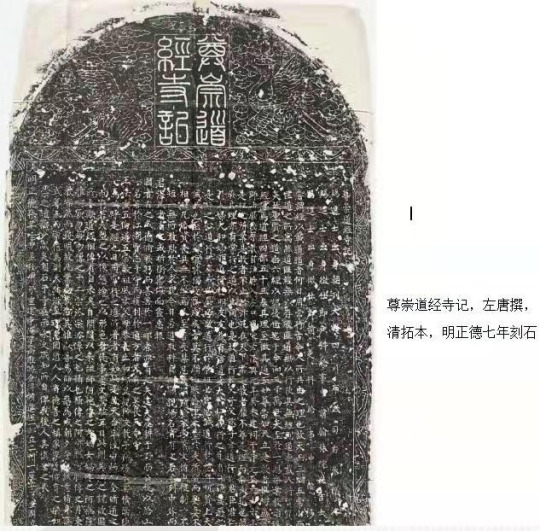
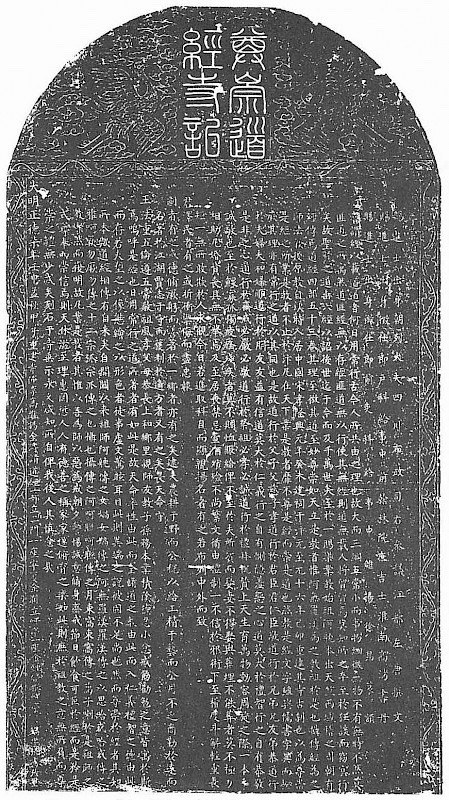
🇺🇸 The 1489 stone inscription, known as the "Record of the Rebuilding of the Pure and Truth Temple" (重建清真寺记), was erected in July 1489 in Kaifeng, China. It is one of the earliest inscriptions from the Kaifeng Jewish community and commemorates the reconstruction of the synagogue after its destruction by a Yellow River flood in 1461. This inscription was written by Jin Zhong, a Kaifeng Jew, and measures 60 x 30 x 5 inches, made of dark gray limestone. The inscription covers three main themes: the origin and history of Judaism, practices of prayer and repentance, and the trajectory of Judaism in China and its relationship with Confucianism. It highlights how Kaifeng Jews adapted to Chinese customs and how cultural similarities with the Hui Muslim community often led to confusion between the two. The inscription also mentions key historical figures, such as Rabbi Levy and the Jin brothers, and details the integration of Chinese and Jewish concepts, merging figures like Pangu and Adam. The stele still exists and was moved to Trinity Cathedral by the Canadian Anglican Mission in 1912.
#judaísmo#judaism#jewish#judío#israel#cultura judía#kaifeng#china#jumblr#judíos#historia judía#1489#重建清真寺记
87 notes
·
View notes
Text
Kindred Spirits 知音: "The One Who Truly Understands Your Songs"
Update: Thank you for all the shares on this post! I want to mention that my debut book of Chinese poetry translations and essays on translation, The Lantern and the Night Moths, is out from Invisible Publishing and available through all bookstores. The longing for kindred spirits is one of the main themes running through the book. https://yilinwang.com/the-lantern-and-the-night-moths/
For #AroWeek, I want to talk about the Chinese term 知音 (pronounced zhīyīn in Mandarin), which has influenced my thinking about queerplatonic relationships. zhī 知: to know, knowing yīn 音: music, sound literally, a zhīyīn is someone who "truly understands your songs"
the term zhīyīn comes from a story about finding a kindred spirit through music.
There are many versions of the story. Here's one version:
One day, the musician Yu Boya was playing a qin (see image) in the wilderness, when he met Zhong Ziqi.

When Boya played one song, Ziqi immediately understood it and described it as reflecting the mood of soaring mountains (高山). When Boya played another song, Ziqi also comprehended immediately and described it as creating the mood of flowing waters (流水). Ziqi could understand all of Boya's songs. When Ziqi passed away, Boya felt so distressed that he destroyed his qin and never played it again. Boya thought of Ziqi as a "zhīyīn," and that term continues to be widely used to this day.
In a modern context, the term of "zhīyīn" is often translated into English as a soulmate, a kindred spirit, or a very close friend, but at its core, it's a term that refers to a type of intensely emotional, spiritual, and platonic connection with someone.
The original songs played by Boya have been long lost to the passage of time, but musicians and composers have tried to imagine what the songs might have sounded like.
There's even a recording of "Flowing Waters" (流水) included on the Voyager Golden Record, symbolically helping humankind search for a zhīyīn as it drifts around in outer space.
youtube
For me, as an aspec (demiromantic, biromantic, and asexual) Sino diaspora femme, the idea of zhīyīn offers me a way to think about the concept of queerplatonic relationships, given that it's very similar to the idea of a soulmate but without the necessary romantic connotations of the word in English. The concept of zhīyīn is explored again and again in various Sinophone literature and popular media, from wuxia and xianxia c-dramas to poetry that alludes explicitly or indirectly to zhīyīn.
Folks who follow my work as a translator might know that I have been translating poems by Qiu Jin (1875-1907), one of China's most renowned feminist poets. She frequently wrote about her longing for a zhīyīn. Some of my translations: https://chinachannel.lareviewofbooks.org/2021/02/12/qiu-jin/
The concept of zhiyin also features prominently in my upcoming book of poetry translations, The Lantern and the Night Moths. I originally wrote this thread for Twitter but wanted to bring it here for #AroWeek. Alloromantic folks, please take a moment to learn more about #AroWeek and support arospec creators. If you are arospec and found me via this tweet, please feel free to say hi!
151 notes
·
View notes
Text
Horny on Main Round 1

Round 1
Kinn (Kinnporsche: The Series) vs Aob (Playboyy: The Series)
Hira (Utsukushii Kare) vs Tinn (My School President)
Porsche (Kinnporsche: The Series) vs Jang Jaeyoung (Semantic Error)
Pran (Bad Buddy) vs Time (Kinnporsche: The Series)
Lan Zhan (The Untamed) vs Joke (Hidden Agenda)
Sarawat (2gether: The Series) vs Chun Sangwon (Love for Love's Sake)
Wen Kexing (Word of Honor) vs Choi Jun (Jun & Jun)
Pluem (Ghost Host, Ghost House) vs Yechan (Love Tractor)
Rain (Love in the Air) vs Muang (Be Mine SuperStar)
Fighter (Why R U?) vs Nuea (Secret Crush on You)
Pat (Bad Buddy) vs Fiat (Don't Say No)
Boeing (Only Friends) vs Payu (Love in the Air)
Babe (Pit Babe) vs Sailom (Wedding Plan)
Kongpob (SOTUS) vs Bai Zhong Yi (Kiseki: Dear to Me)
Phaya (The Sign) vs Vee (Love Mechanics)
Jin Xun An (My Tooth Your Love) vs Chu Yi Ping (Anti Reset)
Boston (Only Friends) vs Nont (Playboyy: The Series)
Han Ying (Word of Honor) vs Palm (Never Let Me Go)
Ray (Only Friends) vs Yi (Cutie Pie/Naughty Babe)
Tan (Manner of Death) vs Segasaki Mizuki (My Personal Weatherman)
King (Bed Friend) vs Karan (Cherry Magic TH)
Korn (Bad Buddy) vs Charlie (Pit Babe)
Wen (Moonlight Chicken) vs Toh (Secret Crush on You)
Charn (Laws of Attraction) vs Yai (The Sign)
Prapai (Love in the Air) vs Prom (Playboyy: The Series)
Teh (I Told Sunset About You) vs Togawa (Old Fashion Cupcake)
Yok (Not Me) vs Win (Between Us)
Xiang Hao Ting (HIStory 3: Make Our Days Count) vs Tawan (Kinnporsche: The Series)
Nick (Only Friends) vs Jeng (Step by Step)
Phupha (A Tale of Thousand Stars) vs Tin (Triage)
Zhao Yunlan (Guardian) vs Mangkorn (Big Dragon)
Tharn (The Sign) vs Ritsu (The End of the World with You)
#bl bracket#bl drama#bl shows#kinnporsche the series#playboyy the series#utsukushii kare#my school president#semantic error#bad buddy#the untamed#hidden agenda#2gether the series#love for love's sake#word of honor#jun & jun#ghost host ghost house#love tractor#love in the air#be mine superstar#why r u?#secret crush on you#don't say no#only friends#pit babe#wedding plan#sotus#kiseki: dear to me#the sign#love mechanics#my tooth your love
86 notes
·
View notes
Text
Liu Xueyi character beauty contest, costume drama edition
(Scroll down below the poll for pictures of the contestants)
Zhan Huang 斩荒 (The Destiny of White Snake), filmed in 2017, when Liu Xueyi was 27 years old, aired in 2018

Yin Jiao 殷郊 (Investiture of the Gods), filmed in 2017, when Liu Xueyi was 27 years old, never aired
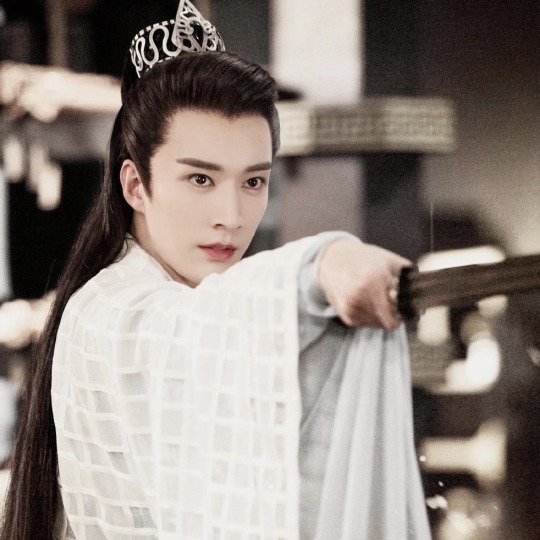
Haochen 昊辰 / Bailin 柏麟 (Love and Redemption), filmed in 2019, when Liu Xueyi was 29 years old, aired in 2020

Tianqi 天启(Ancient Love Poetry), filmed in 2020, when Liu Xueyi was 30 years old, aired in 2021
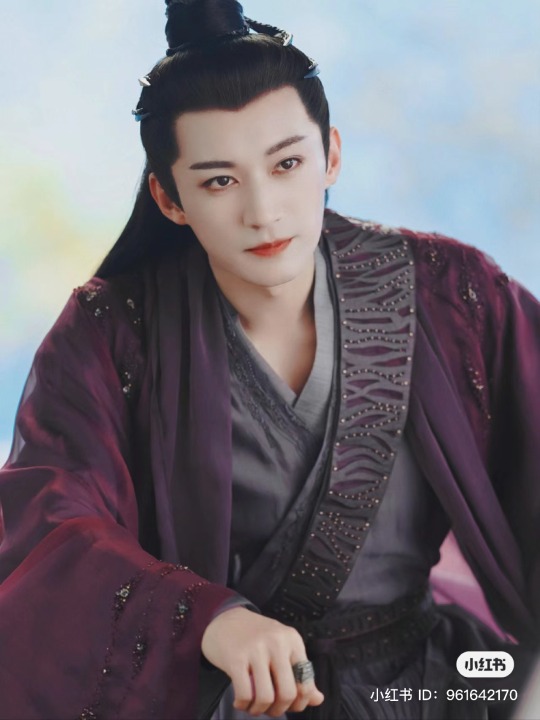
Wuxin 无心 (The Blood of Youth), filmed in 2021, when Liu Xueyi was 31 years old, aired in 2022
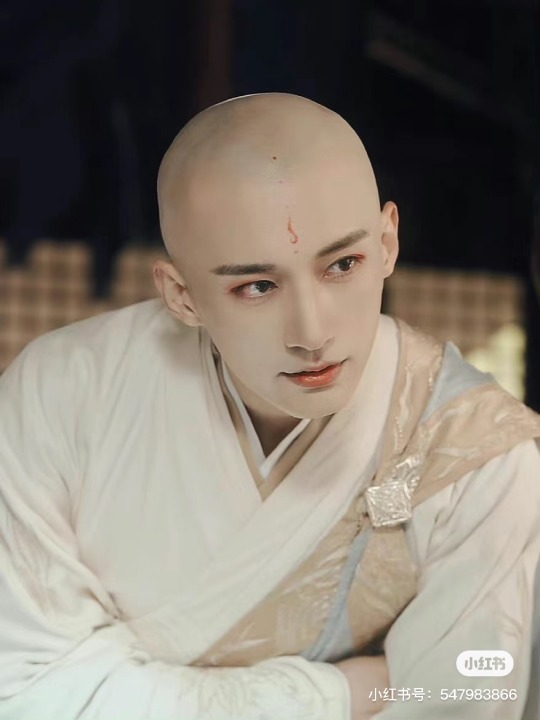
Luo Zishang 洛子商 (Destined), filmed in 2022, when Liu Xueyi was 32 years old, aired in 2023
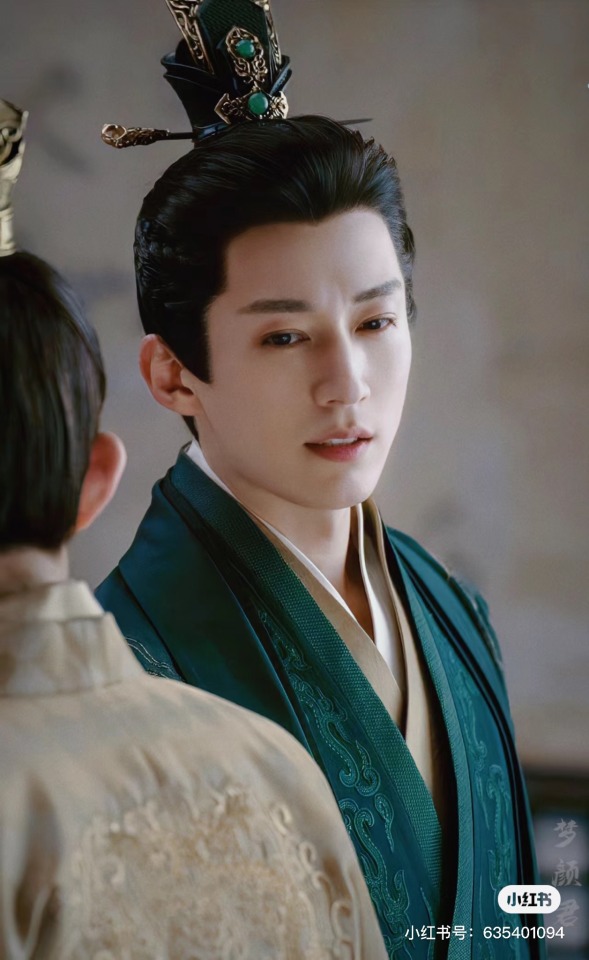
Pan Yue 潘樾 (In Blossom), filmed in 2023, when Liu Xueyi was 33 years old, aired this year (2024)
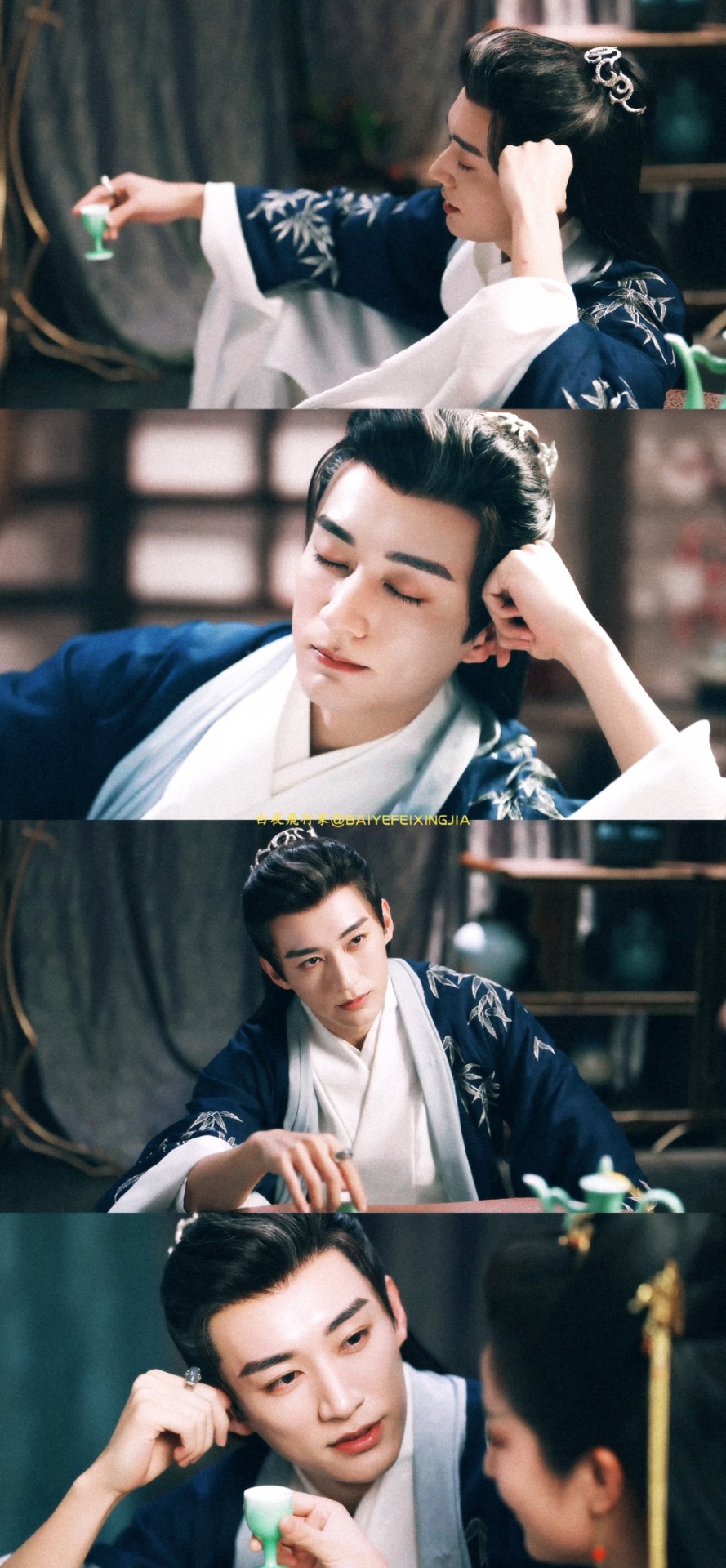
Jin Xiu 锦绣 (Love Never Fails), filmed in 2021, when Liu Xueyi was 31 years old, and is slated to be re-filmed with a new female lead this year (2024)

Yuan Zhong 源仲 (A Moment But Forever), filmed in 2023, when Liu Xueyi was 33 years old, rumored to air this summer (2024)

Murong Jinghe 慕容璟和 (Kill Me Love Me), currently being filmed (2024), as Liu Xueyi turns 34, and will likely air next year (2025)

#liu xueyi#the destiny of white snake#love and redemption#ancient love poetry#the blood of youth#destined#in blossom#love never fails#a moment but forever#kill me love me
54 notes
·
View notes